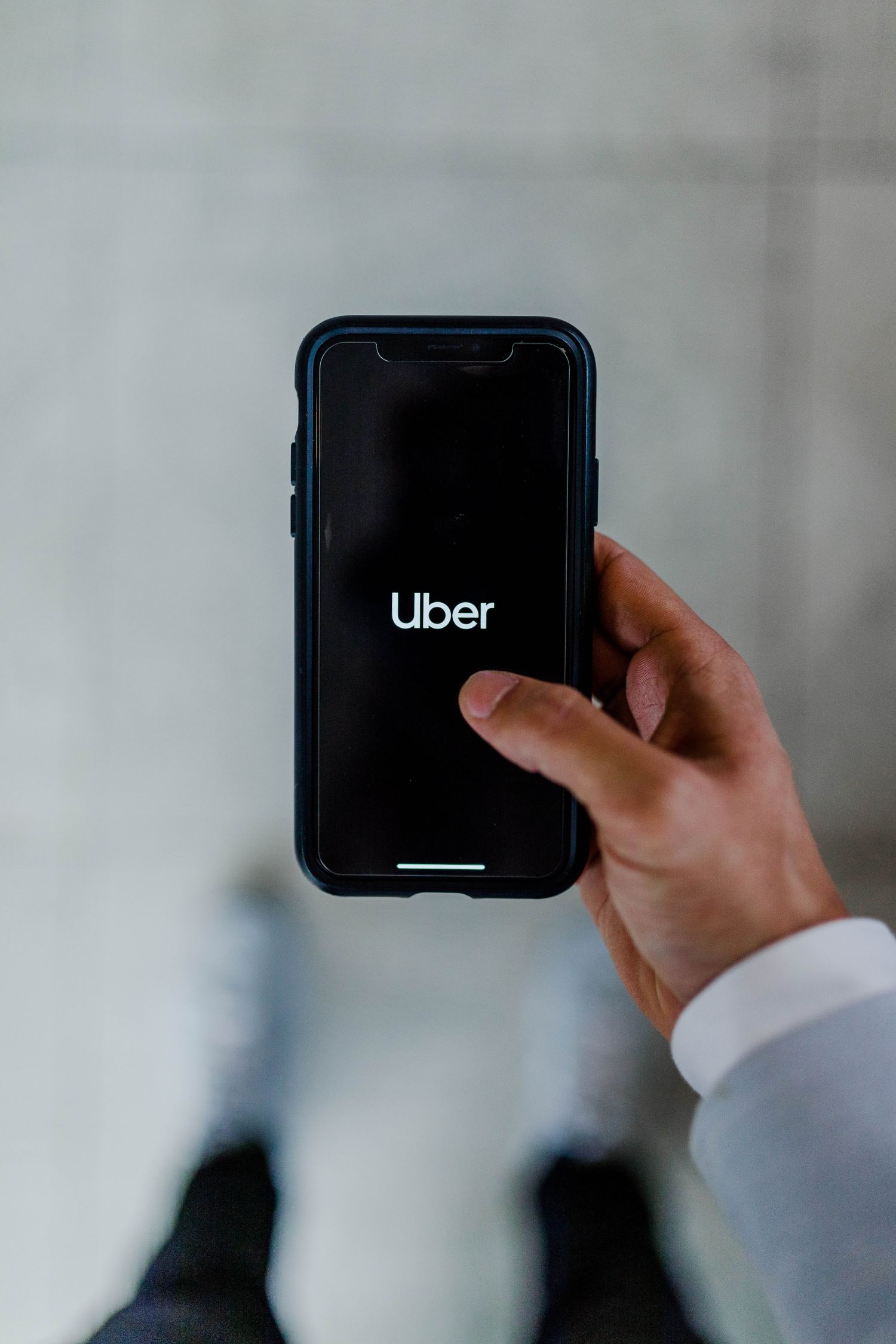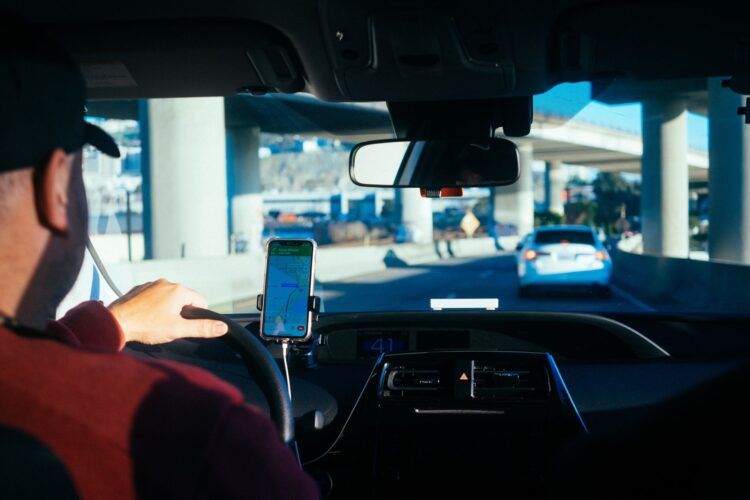Uber drivers’ $4.5 million aid to be paid back in Canada as the legal battle escalates between both parties, while third-party players have also been involved. Let’s take a closer look at it!
In an unexpected turn of events, a Toronto-based Uber driver has found himself at the heart of a scandal involving $4.5 million in COVID-19 relief money intended for struggling firms. The lawsuit has shone a sharp light on the mismanagement of pandemic funding schemes implemented during the height of the COVID-19 crisis. The accused, Rabih George Barake, was found guilty by Justice Michael Penny of the Ontario Superior Court, indicating a troubling history of fraudulent conduct.
As a result of these claims, Justice Penny ordered Barake to refund not only the considerable $4.5 million he got from the bank but also to pay extra penalties for interest and expenses totaling $1.5 million. Despite these serious consequences, Barake has decided to remain mute, surrounded by his legal representatives, refusing to make any remarks or explanations.

Uber drivers’ $4.5 million aid: Misuse of COVID-19 relief programs
The heart of this controversy lies in the misuse of two vital COVID-19 relief initiatives – the Canada Emergency Business Account (CEBA) and the Highly Affected Sectors Credit Availability Program (HASCAP), according to TNC. Barake managed to secure an astounding $4.58 million in funding through these programs, as detailed in court documents.
He is accused of utilizing a clever method, using a total of 16 firms as fronts to request for loans, then resurrecting these enterprises through web presence and finally getting the loans. As the investigation progressed, Scotiabank acted quickly, freezing over a dozen of Barake’s accounts in January 2022. Scotia Capital barred access to $1.3 million in its investment accounts in March 2022, opening the door for a judicial battle.

Legal battle escalates: Scotiabank prevails
Barake replied by bringing Scotiabank to court, claiming $80 million in damages for losses experienced as a result of the account suspensions. However, Justice Penny issued a clear decision in favor of Scotiabank, ruling that Barake’s applications to the COVID-19 relief programs were false. The precise quantity of misused monies successfully returned from Barake is unknown, raising many issues about the efficacy of such recovery attempts.
A spokesperson for Finance Canada reiterated the federal government’s steadfast commitment to preventing fraud and holding ineligible businesses accountable, underlining an ongoing effort to maintain the integrity of relief programs, the Globe and Mail reported.
Auditor-General Karen Hogan voiced concerns in a December report about the federal government’s capacity to identify persons who should repay aid programs, potentially leaving billions of dollars in invalid COVID-19 benefits unpaid. It is important to note, however, that her research did not particularly address COVID-19 financing programs for businesses.
Mr. Barake, who works mostly as an Uber driver, earned a whopping $4.58 million in HASCAP and CEBA loans, according to the verdict. Barake’s strategy entailed liquidating the majority of the 16 enterprises for which he sought COVID-19 funds, only to resuscitate them with domain names and websites soon before asking for and getting the loans between March and November 2021.
This case underscores the critical importance of safeguarding the integrity of COVID-19 relief programs, says The Globe and Mail. While these programs were designed to provide much-needed support to businesses during a challenging time, it is imperative that they are not exploited by individuals seeking to profit fraudulently. Uber drivers’ $4.5 million aid story might continue.
Featured image credit: Paul Hanaoka/Unsplash





